In this article
View 4 More +The “goose honking” cough that many dogs with tracheal collapse exhibit can be loud and alarming, making many owners wonder how long a dog with a collapsing trachea can live.
Unfortunately, there is no easy answer to this, as the truth is that it depends. With proper medical and environmental management, many dogs will live relatively normal and long lives, while others may experience a respiratory emergency that can cut their lifespans short. Since tracheal collapse is a progressive disease, it requires constant monitoring and treatment adjustments for a dog to live as comfortably as possible.

What Is Tracheal Collapse in Dogs?
Owners should know what a dog with a collapsing trachea is dealing with, as this may help them better understand why there is such variation in how long a dog can live with this condition.
The trachea is the windpipe that collects air from the nasal passages and mouth and sends it down to the lungs. It’s basically a tube formed of stacked cartilaginous C-shaped rings. The open part of the “C” is a thin membrane of tissue that completes the full circle. In a normal trachea, those cartilaginous rings are rigid to enable air to pass in and out without changing the diameter of the windpipe.
In a dog with a collapsing trachea, the rings have lost some of their rigidity due to deterioration, so they squish down and enable that membrane of tissue to dip into the airway when a dog breathes in. In severe cases, the rings squish so much that instead of breathing through the equivalent of a big open straw, dogs are essentially trying to force air into a straw that someone has chewed on until it is nearly flat. As you can imagine, this makes it difficult for dogs to get the air that they need into their lungs, which can lead to all sorts of troubles.
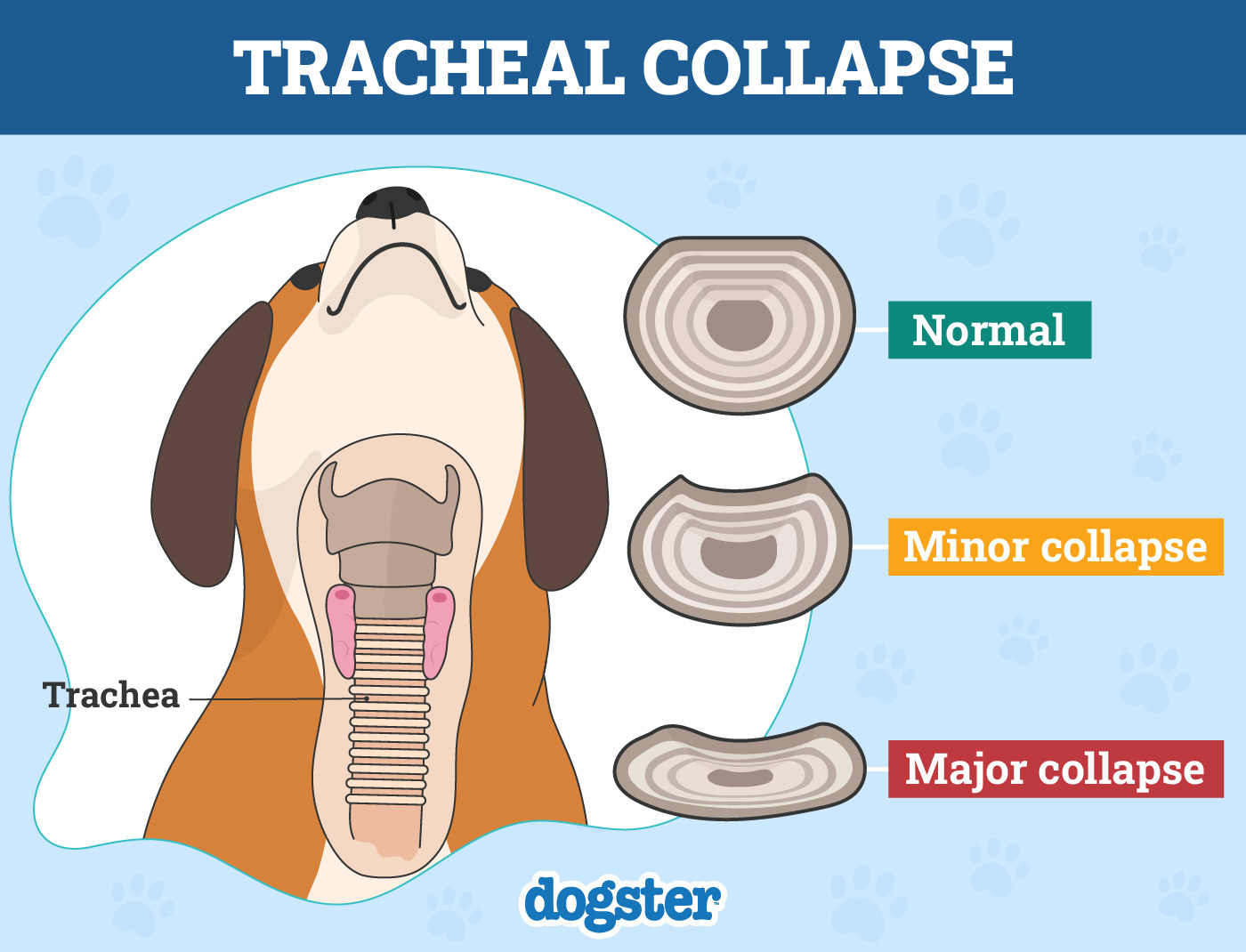
What Do Dogs With Tracheal Collapse Look Like?
The most common and first sign that dog owners tend to notice is a deep, dry cough—one that sounds like a goose is in your living room. This cough typically gets worse with excitement, exercise, stress, heat, air irritants, or pressure on the neck. Some pups may progress to the point that they wheeze with every breath that they take in. Their gums and tongue can turn blue from difficulty breathing, and they may even collapse.
While any dog is susceptible to developing a collapsing trachea, it is thought of as a small breed problem, including Pomeranians, Yorkies, Mini Poodles, and Chihuahuas, to name a few. Since it is a progressive disease, you’re more likely to see it in middle-aged to senior pups, and it tends to get worse with time.
Being mainly a small dog issue, there’s likely also a genetic component involved in the cause, though this is still being studied. We do know that being overweight and having heart disease or some other form of respiratory disease typically makes collapsing trachea worse for a dog.
If you’re concerned about your dog’s health we suggest you speak to a vet.
If you need to speak with a vet but can't get to one, head over to PangoVet. It's our online service where you can talk to a vet online and get the advice you need for your dog — all at an affordable price!
What Is the Best Treatment for Collapsed Trachea in Dogs?
After your veterinarian diagnoses a collapsing trachea in your pup, they’ll provide you with a long list of ways to help manage it. Unfortunately, there’s no way to reverse the deterioration of the cartilage, but things can be done to help your dog (and you!) breathe easier.
- Steroids to help decrease inflammation in the airways
- Cough suppressants
- Bronchodilators
- Anti-anxiety medications
Any or all of these medications may be used as needed or more consistently, depending on the severity of your dog’s condition. Along with medications, making adjustments to their environment may help. Most of these are aimed at cutting back on your dog’s excitement and anxiety levels so they are less likely to have a severe episode.
- Using a harness instead of a collar
- Doing weight management
- Treating underlying heart or respiratory disease
- Avoiding airway irritants like smoke or cleaning chemicals
- Avoiding hot and humid climates
- Reducing excitement and stress
Even with proper medical management, some dogs may still continue to have the tell-tale cough, which is fine as long as they can avoid breathing difficulties and respiratory distress. Severe cases may require surgery, where stents are placed into the trachea to help hold it rigid. Be aware that having the surgery doesn’t mean the medical treatments are done. It’s more of a way to prevent severe issues from occurring, and continued medical management is still often needed.

What Is the Life Expectancy of a Dog With a Collapsed Trachea?
Every tracheal collapse case is different. Some pups will run through their lives fairly normally, just with a bit of a cough when the mail is delivered or when they go for a ride in the car. Other dogs may have a near-life-threatening emergency whenever the neighborhood cat crosses through their yard.
The variation in prognosis for a collapsing trachea means that it is vital to see your veterinarian. They will be able to evaluate your dog’s tracheal issues to determine the best management route and give you an idea of how comfortable your dog is and what to watch out for, should your dog take a sudden turn and experience respiratory distress.
Keep in mind that tracheal collapse is progressive, so while the signs may be mild now, they may get worse as time goes on. Therefore, be sure to have your dog regularly checked by your vet so adjustments to management can be made to keep them safe and happy.
How Do You Comfort a Dog With a Collapsed Trachea?
When it comes to collapsing trachea, managing your dog’s environment and lifestyle tends to be every bit as important as the medications that your veterinarian prescribes. Knowing and trying to avoid situations where your dog could be stressed or excited can go a long way toward keeping their breathing on an even keel, but you can’t cut out every trigger.
With this in mind, be sure you know how to calm and comfort your dog, to help them breathe more smoothly and efficiently. For some, this may mean providing them with a quiet, dark place where they can retreat until visitors are gone. For others, it may mean lap time while you gently stroke their neck. You know your dog best, so determining the best way to comfort them for those times that they need it may be crucial to avoiding a respiratory emergency.


Conclusion
Collapsing trachea in dogs is a progressive disease most commonly seen in small breeds. Excitement, stress, or using a collar can all bring on a deep, dry cough that can lead to wheezing and difficulty breathing in severe cases. Some dogs with a mildly collapsed trachea will have fairly normal lives, especially with proper management. Other, more severely affected dogs may have difficulty breathing with little stimulus and can be on the verge of a respiratory emergency on a regular basis. There’s no set time frame for how long a dog can live with tracheal collapse, but proper management and regular veterinary check-ups can help increase their quality of life.
Featured Image Credit: Pressmaster, Shutterstock
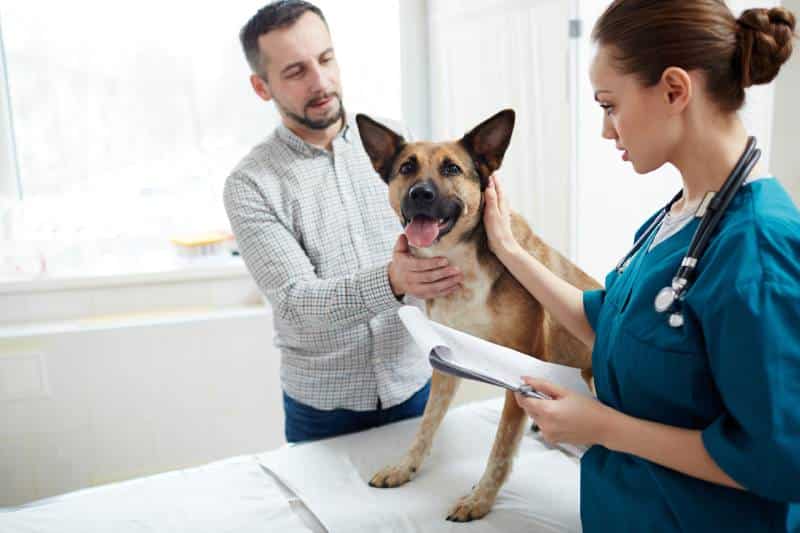

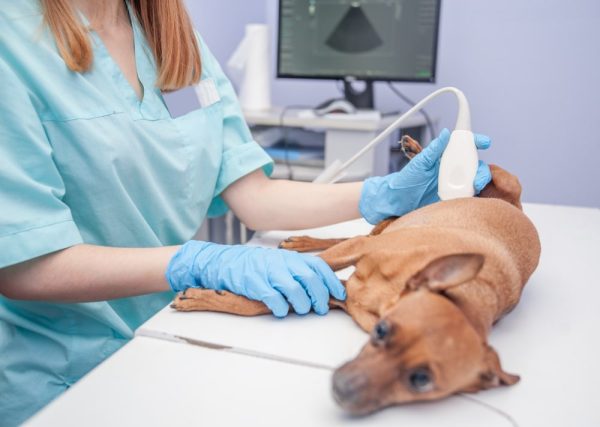
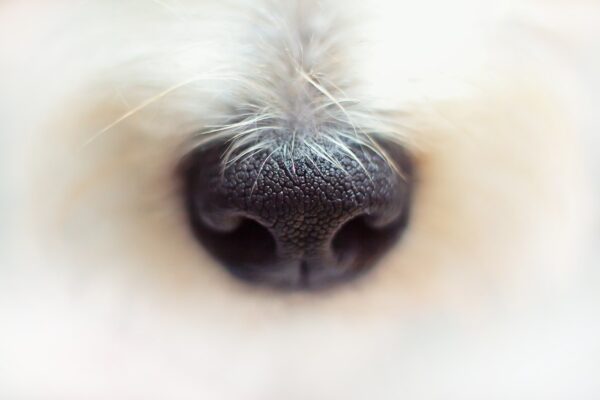


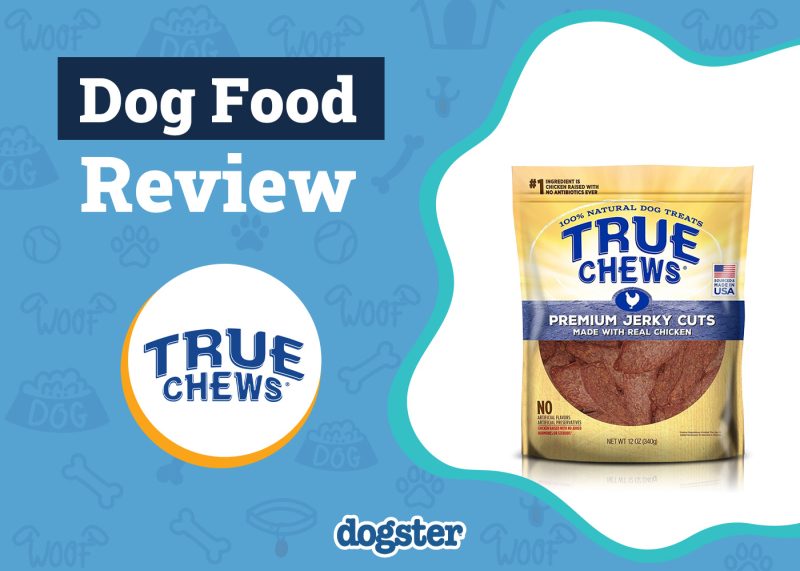

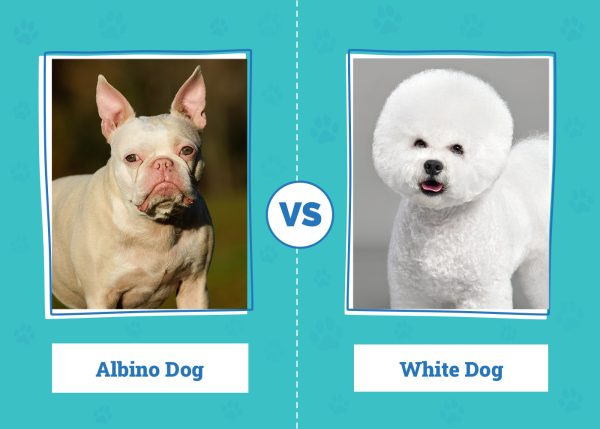

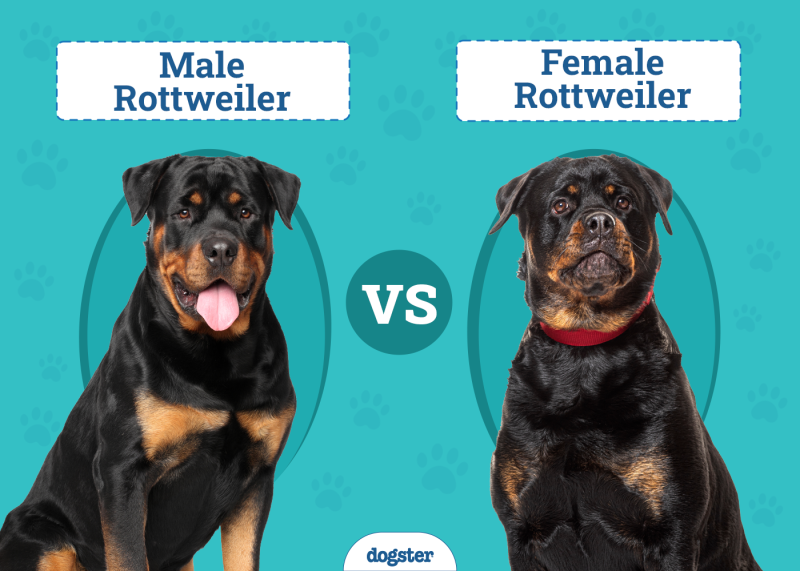
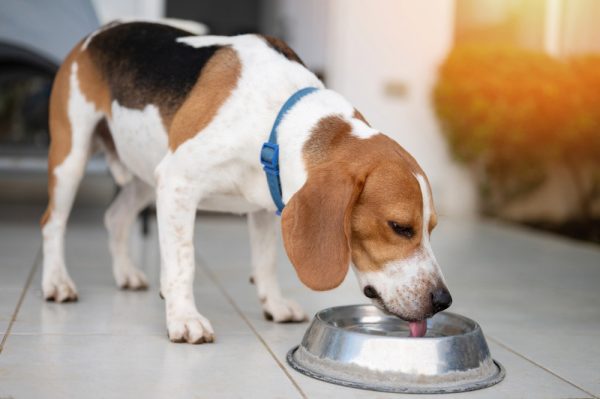
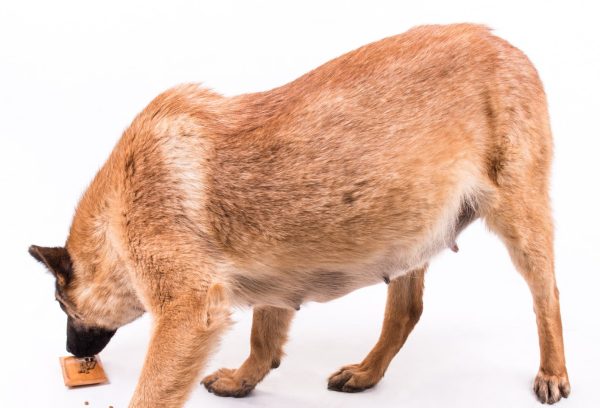

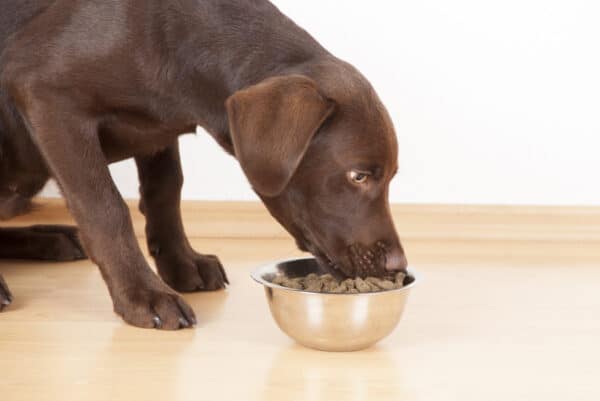
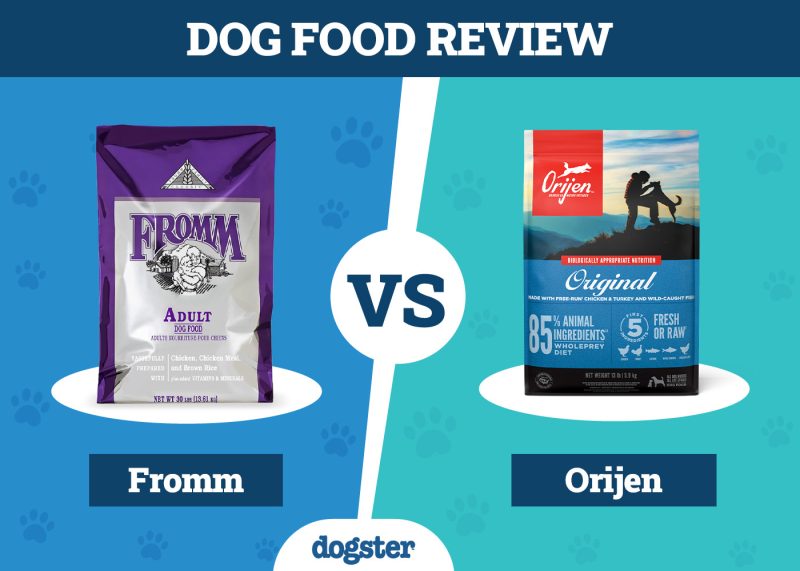
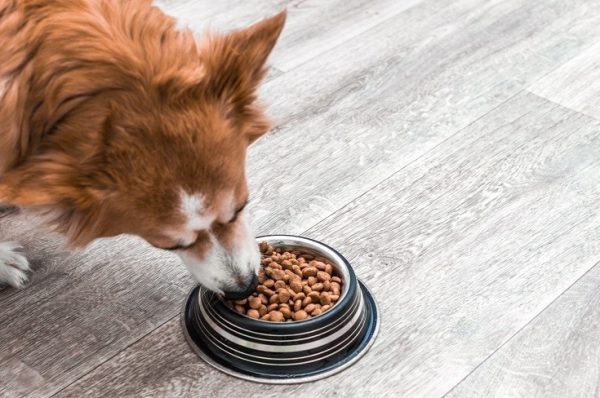





4 Responses
Hi Jackie, read your article regarding collapse trachea and I just came from vet appointment to see why my mini poodle,Emmylou, was whistling in her sleep. She has a sensitive trachea and I am trying to learn how to prevent further deterioration. Emmylou was bred for agility and is very energetic. Xray showed heart and lungs are good. Does food affect the trachea?
Hi Cathy, thanks for reaching out! That's great to hear that you're educating yourself about Emmylou's diagnosis and that everything is looking good on the X-ray. As for food—yes, it can play a supporting role. While food doesn't directly impact the trachea itself, maintaining a healthy weight is key. Even a little extra weight can put added pressure on the airway and make signs like coughing or that whistling sound worse.
Soft foods can also be easier to swallow and less likely to trigger coughing if her trachea is especially sensitive. You might also want to avoid ingredients that can cause inflammation or allergies (like certain grains or additives), just in case there's a link between any mild allergic reaction and increased airway irritation.
I hope this helps. If you have any more questions or would like to share some more details with one of our vets, don't hesitate to book a consultation. They will be able to help you come up with a plan to ensure Emmylou is getting the right care for her new diagnosis. You can book a time that is convenient for you at this link: https://pangovet.com/schedule-appointment/. 🙂
I just took over the care of an 8 year old, almost 9-year-old Pomeranian. As I was reading through his medical charts, I discovered he has a heart murmur and a collapsed trachea. Needless to say, we have a vet appointment tomorrow to ensure he receives the best care possible. I love this little guy!
Hi Jackie, thank you for sharing. It's great to hear that you already have so much love for your Pomeranian. I hope the vet appointment went well. 🙂